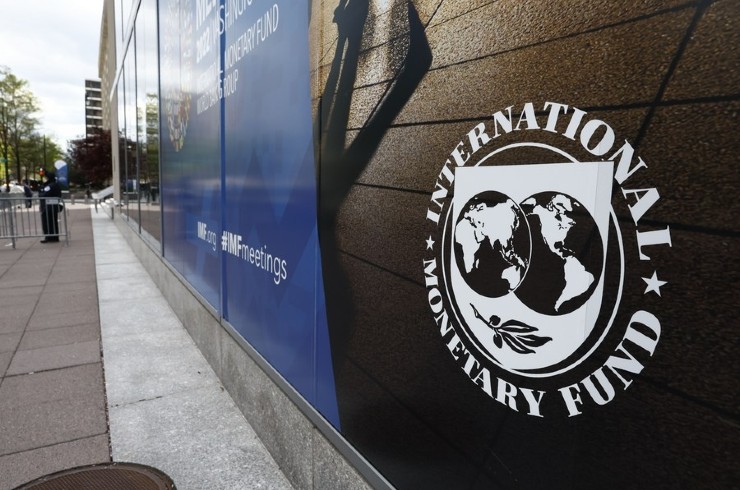The International Monetary Fund (IMF) stated on Thursday that the Bank of Japan (BOJ) should continue to adopt a data-dependent approach and gradually raise its policy rates in alignment with inflation trends. This recommendation underscores the IMF’s confidence in the BOJ’s ability to steer Japan’s economy back toward its inflation target of 2% per year.
IMF spokesperson Julie Kozack, speaking at a regular news briefing, emphasized the importance of a measured response to inflation data. “Our advice is that the BOJ should continue to be data-driven and to gradually raise the policy rate over its policy horizon, if the inflation forecasts bear out that this is the right way forward,” she remarked. Despite the current inflationary pressures, Kozack noted that Japan’s economy is still growing, but persistent price increases have kept inflation above the BOJ’s target.
The comments come amid a backdrop of uncertainty regarding Japan’s monetary policy. Japan’s new Prime Minister, Shigeru Ishiba, recently indicated that the current economic conditions do not necessitate an immediate rate hike. His remarks have been interpreted by market analysts as a sign that a near-term increase in rates may be less likely. Ishiba has also announced plans for new fiscal measures aimed at alleviating the burden on households impacted by rising prices.
Kozack reiterated that the BOJ is on the right track to achieving the 2% inflation target sustainably over the medium term. She emphasized the need for Japan to focus on “growth-friendly” fiscal consolidation to rebuild financial buffers and ensure long-term debt sustainability. This approach could involve both revenue enhancements and spending cuts, which would bolster market confidence in Japan’s financial health and contribute to economic stability.
As Japan navigates its fiscal challenges and inflationary pressures, the IMF’s recommendations highlight the critical balance required between monetary policy adjustments and fiscal responsibility to ensure sustainable economic growth.



